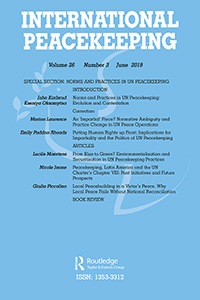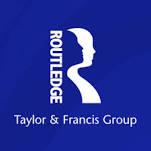Resource information
This contribution suggests how to identify and deal with ex-combatants in (un)peaceful post-war environments from a methodological perspective. While it is obvious that large-N studies or standardized interviews fall too short to depict post-war dynamics and related conflict risks, ethnographic methods face numerous challenges, too. First, the identification of and access to former combatants may prove to be difficult. Often being stigmatized or perceived as outlaws they may not wish to get in touch with ‘outsiders’, like academics. Second, researchers need to be careful not to worsen the status of ex-combatants and at the same time make sure to maintain a trustful relationship with the rest of the community. Moreover, certain ethics apply when addressing sensitive war or contemporary issues (e.g. land grabs), even more, if there is a lack of amnesty. I aim at critically discussing questions of trust, legitimacy, networks, the necessity of ‘going local’, as well as logistics that can exacerbate dealing with ex-combatants or even pose a threat to researchers. Before concluding, I briefly delineate dilemmas related to the researcher’s role and her responsibility for field assistants. The article largely draws on my extensive ethnographic fieldwork experience in Cambodia and ethnographic literature on (post-)war settings.


